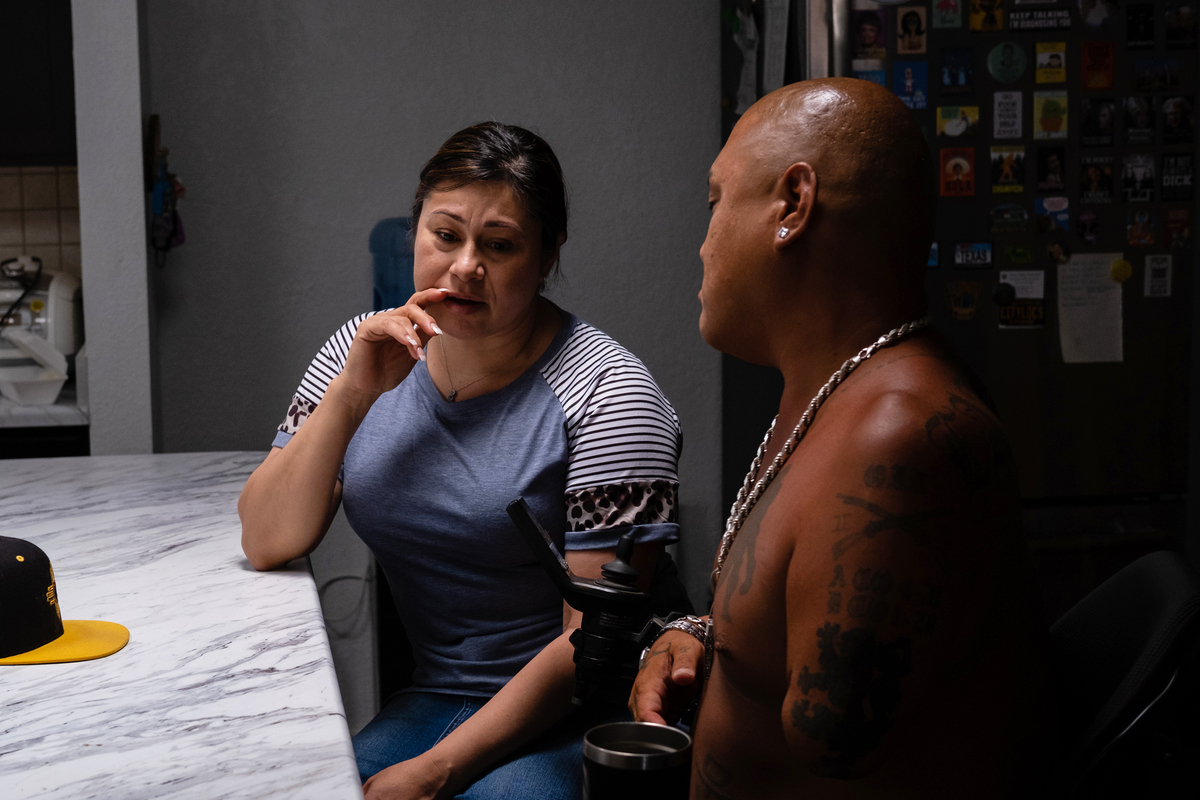The number of active duty military service members is tiny: less than one-half of 1% of all Americans. That leaves a huge gap between those who serve, and everyone else — it’s called the civilian-military divide. The new season of NPR’s podcast Rough Translation investigates how the “civ-mil divide” started, and ways to find common ground.
WSHU’s Desiree Diorio, who covers military issues for the American Homefront Project, spoke to co-host Quil Lawrence about the project.
Desiree D’Iorio, WSHU: So many Americans have no personal connection to the armed services, no idea what the military does these days, or what service members’ lives are like — both while they're serving and after they come home. But that wasn't always the case. Are you able to pinpoint what changed, and when?
Quil Lawrence, Rough Translations: Yeah, I think it's pretty easy to see that during a very unpopular war — Vietnam — when you had a lot of conscript troops, the military decided it would rather honestly not deal with people who didn't want to be there, and that they'd be better off with an all volunteer force. And so by about 1973, they designed this. Now, even the designers of this, they identified that there might be a little bit of a problem, which is that if you don't mobilize the whole country to war, it could be maybe too easy to go to war, or it might be not in anybody's particular interest that the war come to a speedy end. So they tried to make it so that you couldn't go to war without mobilizing a huge reserve, and that that would somehow bring the whole country in. But I think it's pretty clear to see, it's less than 1% of the country that has deployed to the wars in the last 20 years. And it's not that civilians don't care. It's just they haven't really been asked to do anything. One general I interviewed for this project said, “The civilians have done every single thing we've asked of them during these 20 years of war, we, you know, we just haven't asked them for very much.”
DD: Do you get the sense then that it's service members feeling like, “Civilians just can't understand me?”
QL: Yeah, we do hear that a lot. And that goes both ways. But it's a very different experience that veterans of these wars and other wars have had, but particularly in these last 20 years when they had so few people who could relate. And so in the first episode of our podcast, you will hear a lot of people saying, “Well, civilians just can't understand. No, people can't understand me.” Now, I don't believe that it's impossible for people to reach across this divide. And I think, in my experience — I've been covering veterans in the VA for the last eight years, and I covered the wars for a dozen years before that. I think people can reach across and understand across this divide. And in my experience, covering veterans, for many of them, realizing that is a huge part of ending this isolation and loneliness, that can be really, really hard. But it takes both sides coming halfway. And so some of the stories we’re telling in this podcast have to do with that — with people meeting in the middle.
DD: In the first couple episodes, we meet Matt and Alicia Lammers. Matt, the combat veteran, and his wife, Alicia, a civilian. That's taking the civilian military divide and really putting it under a microscope.
QL: Yeah, and it's an extreme case. You learn things about systems by testing them with extreme cases. And I wouldn't want anyone to think that Matt and Alicia are typical, because honestly, they go through hell. You know, he is a triple amputee, he was wounded by a bomb the second time he was blown up in Iraq, and she ends up stepping in as his caregiver and finding that there's so much more going on than just his physical injuries and she ends up caught up in some of that trauma. So it is sort of looking at their case in detail, and their thoughts and feelings in, I hope, beautiful detail, with the idea that even though they are not a typical case, there's something in there that many people will be able to relate to.
Quil Lawrence is NPR’s veterans correspondent and co-hosts the podcast Rough Translations: Home/Front.






